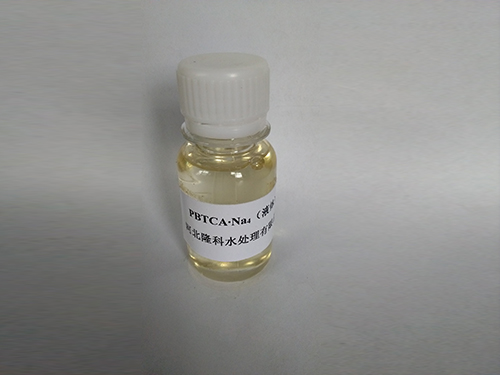Exploring the Properties and Applications of Benzyl Isothiazolinone in Modern Industries
Benzyl Isothiazolinone An Overview of Its Properties and Applications
Benzyl isothiazolinone (BIT) is a synthetic compound belonging to the isothiazolinone family, which is widely recognized for its antimicrobial properties. This compound, characterized by its unique chemical structure, is utilized primarily as a biocide and preservative in various industrial and consumer products. Its ability to inhibit the growth of bacteria, fungi, and algae makes it invaluable in maintaining the integrity of products over time.
Chemical Properties
The chemical structure of benzyl isothiazolinone consists of a benzyl group attached to an isothiazolinone ring, contributing to its specific biochemical properties. It is typically available as a clear to pale yellow liquid or solid, with a faint, pleasant odor. As a weak base, BIT exhibits solubility in water, allowing for versatile applications across different environments and formulations. The presence of sulfur and nitrogen atoms in its structure imparts distinctive antibacterial and antifungal properties, providing an effective means of extending the shelf life and ensuring the safety of various products.
Applications in Various Industries
Benzyl isothiazolinone is predominantly used in the cosmetic, personal care, and pharmaceutical industries. Its effectiveness as a preservative ensures that products such as shampoos, lotions, creams, and other formulations are protected from microbial contamination. In cosmetics, it helps maintain product efficacy and safety, contributing to consumer trust in brand quality.
In addition to personal care products, BIT is also employed in industrial applications. It is commonly found in paint formulations, coatings, adhesives, and construction materials, where its antimicrobial properties help prevent the deterioration of these products over time. Furthermore, BIT is utilized in the water treatment industry, providing a solution to prevent biofilm formation in cooling towers, pipelines, and other water systems.
benzyl isothiazolinone

Regulatory Considerations and Safety
Despite its beneficial properties, the use of benzyl isothiazolinone has raised some safety and regulatory concerns. Studies have shown that BIT can cause skin sensitization and allergic reactions in certain individuals, prompting regulatory bodies, including the European Union, to establish concentration limits for its use in cosmetics and personal care products. Manufacturers must balance its effectiveness as a preservative with safety considerations, ensuring that products comply with regulations while still providing adequate protection against microbial growth.
As awareness of the potential risks associated with chemical preservatives has grown, many companies are actively seeking alternatives. However, due to the effectiveness and relatively low-cost nature of benzyl isothiazolinone, it remains a widely used choice.
Future Outlook and Challenges
As the industry evolves, the future of benzyl isothiazolinone will likely be shaped by ongoing research and consumer demand for safer, more natural alternatives. There is a growing trend towards the use of naturally derived preservatives and biocides, which may pose a challenge to conventional synthetic compounds like BIT. Nevertheless, the effectiveness of benzyl isothiazolinone in various applications ensures that it will remain a key player in the biocide market for the foreseeable future.
In conclusion, benzyl isothiazolinone plays a pivotal role in maintaining the safety and longevity of numerous products across multiple industries. Its unique properties and effectiveness as a preservative are complemented by the ongoing need for rigorous safety assessments and adherence to regulatory frameworks. As the quest for safer alternatives continues, the conversations around benzyl isothiazolinone will undoubtedly progress, influencing its future usage and formulation in consumer products.
-
Water Treatment with Flocculant Water TreatmentNewsJun.12,2025
-
Polymaleic AnhydrideNewsJun.12,2025
-
Polyaspartic AcidNewsJun.12,2025
-
Enhance Industrial Processes with IsothiazolinonesNewsJun.12,2025
-
Enhance Industrial Processes with PBTCA SolutionsNewsJun.12,2025
-
Dodecyldimethylbenzylammonium Chloride SolutionsNewsJun.12,2025





